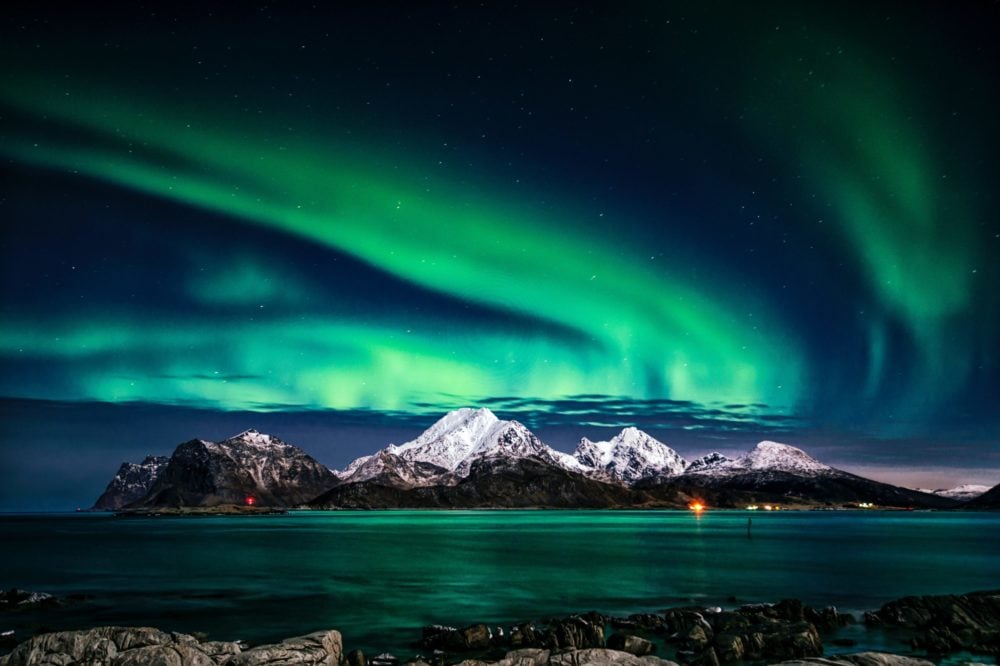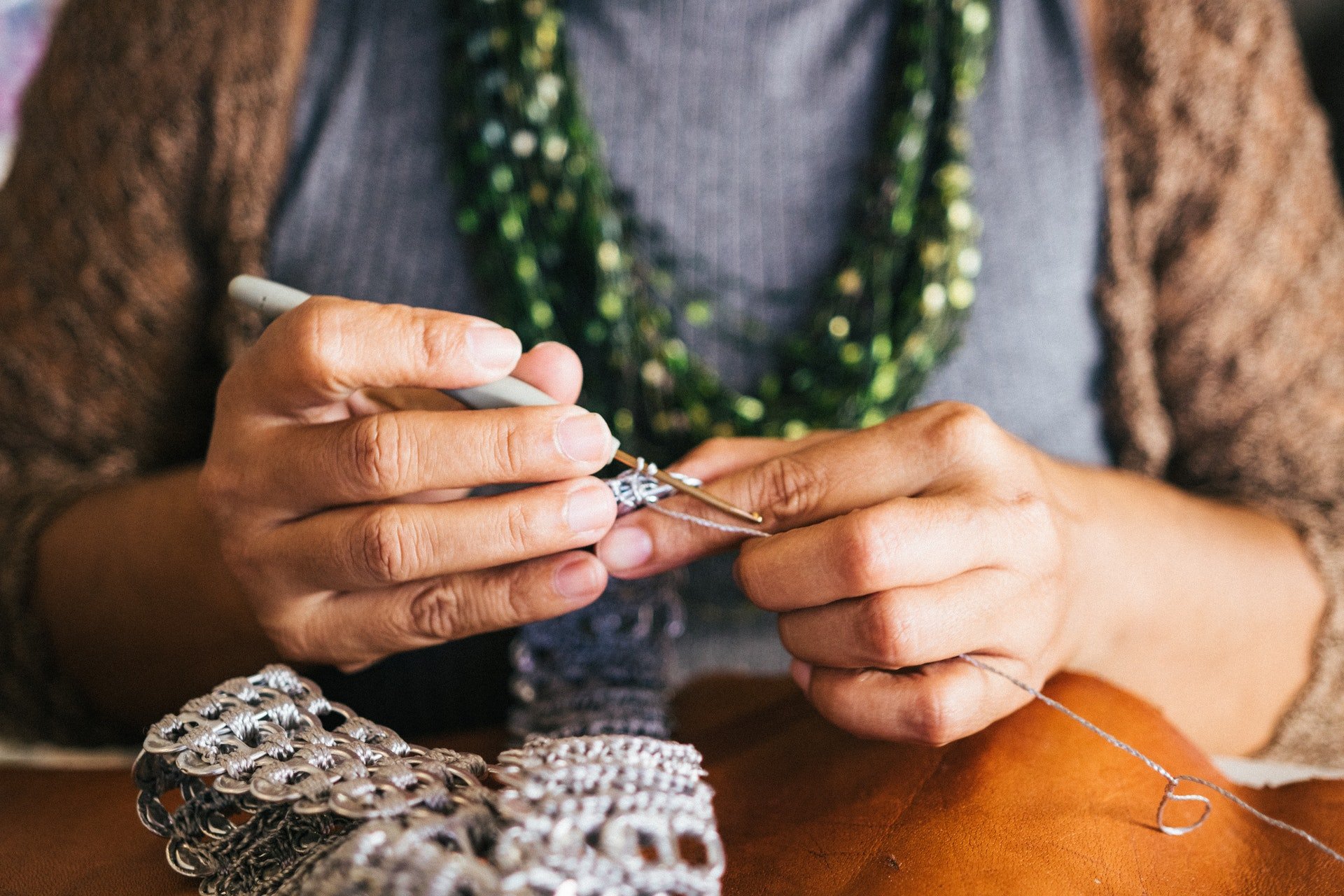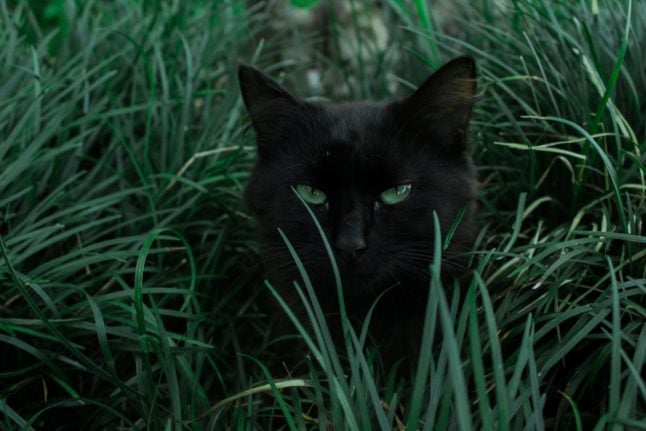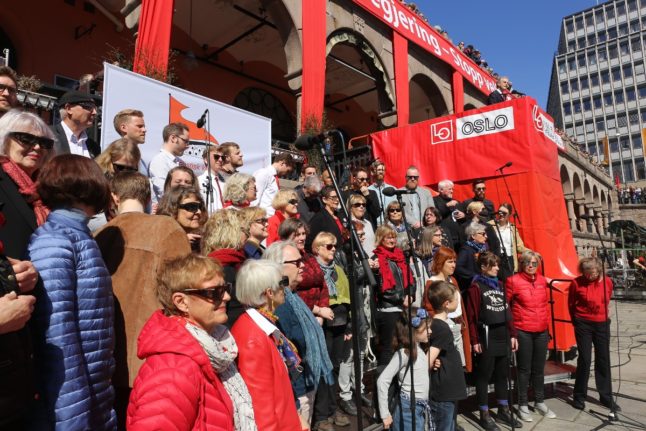Black cats
Seemingly a bad omen wherever you are in the world, any encounter with a cat in Norway should be followed either with a curse or by spitting on the ground. Black cats are bearers of bad luck, according to Norwegian folklore. Following an encounter with a black cat, you’ll have to spit on the ground three times or say “tvi tvi tvi” over your shoulder to ward off evil spirits.
Weather
The weather has been subject to old wives’ tales and superstition as long as the sun has shone, it seems, and when the sun shines in Norway, you shouldn’t whistle. Otherwise, you might beckon rain.
A popular superstition among farmers, animals coming down from the mountains is a sign of bad weather. This one may have a degree of truth to it as animals like cows and sheep have more attuned senses than humans and may sense the change in pressure.
One that rings less true is the moon being high in the sky, signalling cold, and a low moon heralding more mild weather.
READ ALSO: Superstitions about the weather in Norway that are actually true
The northern lights
Nowadays, millions of people have seeing the northern lights on their list of things to do before they die.
In centuries gone, this couldn’t have been further from the truth. For those living in the north at the time, the northern lights were an unwelcome sight.
Expectant mothers in northern Norway were told not to look at the lights during pregnancy if they wanted a trouble-free birth.
Thought to be the souls of the dead by the indigenous Sami people, the worst thing you can do to the nordlys is to wave, whistle or sing. This will alert the lights to your presence, and it lift you up and take you away. A more sinister interpretation was that the lights would reach down and lop off your head.
Luckily, you can prevent this by clapping your hands to ensure your safety.

Fishermen
Fishermen have plenty of their own superstitions, including one involving horses.
Once aboard a seafaring vessel, it’s best not to mention horses at all. This is because horses are associated with death as the dead were normally hauled off by horses in times gone by.
Backpacks are taboo too so best leave your rucksack on drier land. Backpacks are considered bad luck because of their links to the mountains. While you are unlikely to run into a mountain at sea, sailors and fishers are instead wary that the sea’s floor will tear through the boat’s hull.
READ ALSO: The unusual Norwegian laws every foreigner should learn about
Relationships
Giving your partner a gift is a great way to show you care about them. However, these two gifts could be ruinous for your relationship, so it’s best to steer clear of these when brainstorming presents for your beloved.
Knitting a sweater for your significant other won’t just take up your valuable time, but it could also spell doom for your relationship.
Norwegian folklore says a woman should never knit a sweater for her boyfriend because it means he will leave her. The superstition doesn’t explain why this will happen.
Furthermore, it doesn’t specify whether giving somebody a sweater works on ditching a lover you want to give the boot.

It’s not just the sweaters that will cause you relationship woes. Superstition also says that men should never give their partner a handkerchief, not just because it’s not the most romantic of gifts, but because superstition says a man giving a women handkerchief means he will only ever cause her grief and tears.
Unlucky 13
Many argue that the fear of the number 13 as an unlucky number can be traced back to Norse mythology.
It is said that 12 Norse deities sat down for a meal of the gods. The meal was gate-crashed by Loki, the shape-shifting god of mischief and disorder, raising the number to 13. Loki then proceeded to ruin the party, even causing one of the other gods at the meal to die.
Pregnancy
If the child is particularly lively during pregnancy, then you are most likely having a boy, as girls are believed to be more leisurely.
Another sign of a baby boy on the way would be if the expectant mother looks well during pregnancy. This, somewhat unfairly, perhaps, is due to the superstition that a baby girl steals their mother’s beauty.
In addition to this, if you find yourself frequently worried during pregnancy, you’re probably expecting a boy, and if you are calm, you most likely have a girl on the way.
When the baby is born, you best be wary of making sure it doesn’t look in a mirror until it is at least one. Otherwise, it could live an unhappy life.
Nature
If a ladybug happens to land on your hand and it flies away on its own accord without you agitating it then you get to make a wish.
Nothing is more reminiscent of springtime than the sound of birds chirping. If you hear the calls of the gjøk/gauk or cuckoo, then it means spring has sprung and it is time to walk barefoot in the grass.
On Sankthansaften (Midsummer), unmarried women should go and pick seven types of wildflower and place them under their pillow and then later that night they will dream about their future husband.
Not technically wildlife, as they are not real (or are they), but on Christmas, you need to put a bowl of porridge with a big knob of butter to stop husnisser/nisser, little gnomes or elves, from playing their mischievous tricks on you throughout the following year.



 Please whitelist us to continue reading.
Please whitelist us to continue reading.
Member comments